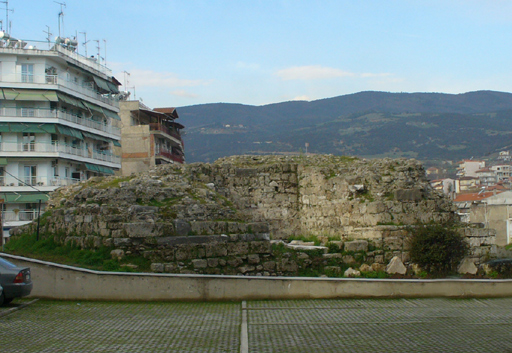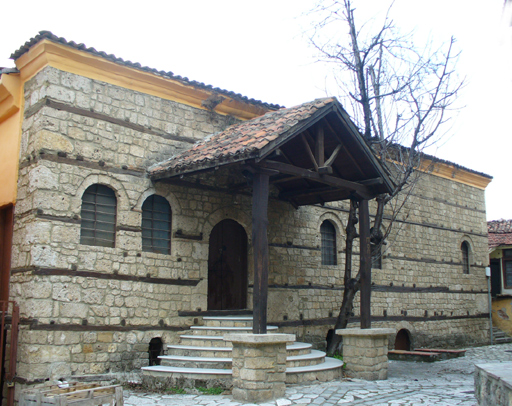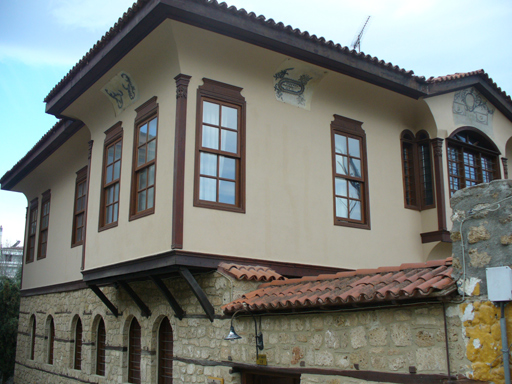Biblical SignificanceBerea (also called Beroea), a city of Macedonia, where Paul fled, with Silas and Timothy, from Jewish persecution at Thessalonica. Later when his persecutors followed him from Thessalonica, he retired seawards to proceed to Athens (Acts 17:10-15). The Berean Jews were "more noble than those in Thessalonica, in that they received the word (preached) with all readiness of mind (not in a caviling, critical spirit), and (yet not in a credulous spirit, for they) searched the Scriptures daily whether those things were so." (See Isa 8:20; Joh_5:39; Gal_1:8-9.) The result was necessarily, "many believed; also of honorable women, which were Greeks, and of men not a few." Sopater, or Sosipater, one of the Berean Jews, became Paul's missionary companion (Act_20:4; Rom_16:21) in returning to Asia from his second missionary journey, where he had been with him at Corinth. Now called Verria, or Veria, it commands a wide view of the plain of the Axius and Haliacmon and is one of the most pleasant towns of Roumelia, with 20,000 inhabitants. A road led from Berea to Dium, whence probably Paul sailed to Athens, leaving Silas and Timothy behind. Fausset's Bible Dictionary
|
 Because the present city of Veria is built over the old city of Berea, little of the ancient city can be seen. We did see this small section of the old city wall.
Because the present city of Veria is built over the old city of Berea, little of the ancient city can be seen. We did see this small section of the old city wall.
 We also visited the old Jewish quarter where we saw this synagogue, probably built over the site of the synagogue that Paul visited when he first came to Berea, as recorded in Acts 17:10 "And the brethren immediately sent away Paul and Silas by night (from Thessalonica) unto Beroea: who when they were come thither went into the synagogue of the Jews."
We also visited the old Jewish quarter where we saw this synagogue, probably built over the site of the synagogue that Paul visited when he first came to Berea, as recorded in Acts 17:10 "And the brethren immediately sent away Paul and Silas by night (from Thessalonica) unto Beroea: who when they were come thither went into the synagogue of the Jews."
 Some of the old buildings in this Jewish quarter were being renovated.
Some of the old buildings in this Jewish quarter were being renovated.
 A new museum.
A new museum.
Although we did not see it, there is an Altar of the Apostle Paul, a modern monument the Bereans erected to remind them of Paul's visit to their city nearly 2,000 years ago. Photographs can be seen here and here.
Our next stop is Vergina.
